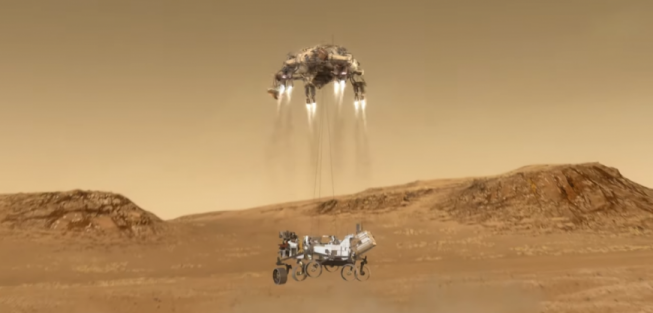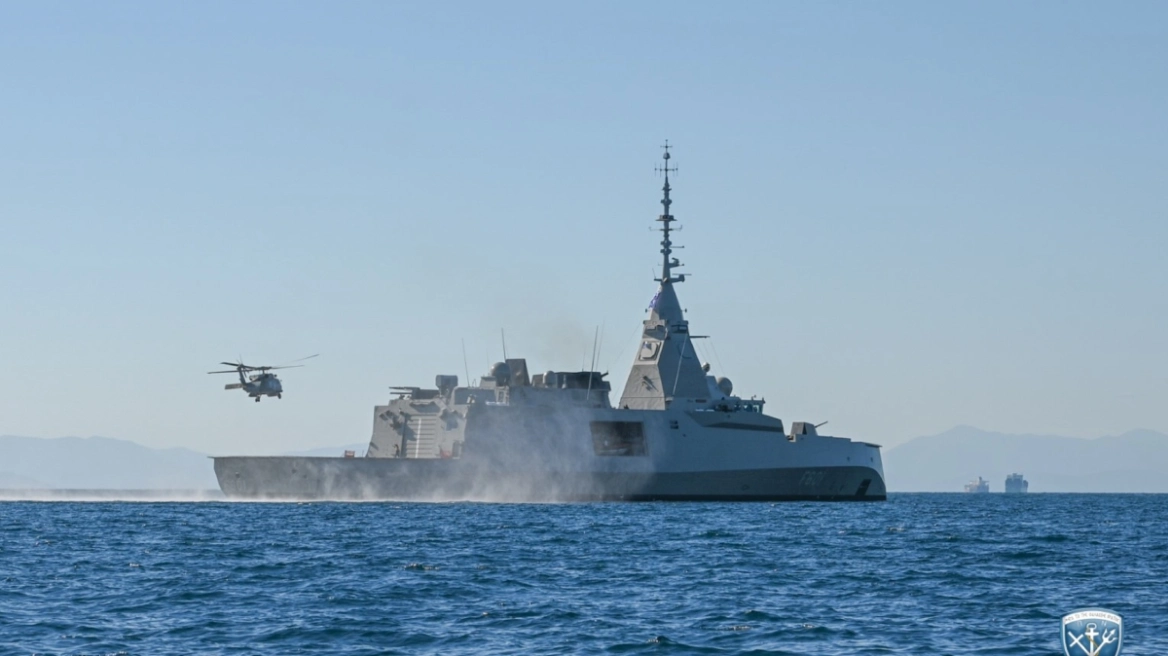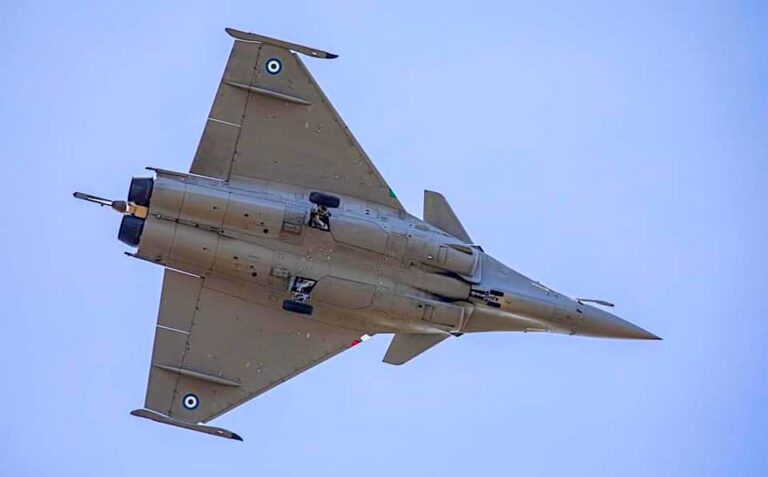After hurtling hundreds of millions of miles through space since last summer, three robotic explorers are ready to hit the brakes at Mars.
The stakes — and anxiety — are sky high.
The United Arab Emirates’ orbiter reaches Mars on Tuesday, followed less than 24 hours later by China’s orbiter-rover combo. NASA’s rover, the cosmic caboose, will arrive on the scene a week later, on Feb. 18, to collect rocks for return to Earth — a key step in determining whether life ever existed at Mars.
Both the UAE and China are newcomers at Mars, where more than half of Earth’s emissaries have failed. China’s first Mars mission, a joint effort with Russia in 2011, never made it past Earth’s orbit.
“We are quite excited as engineers and scientists, at the same time quite stressed and happy, worried, scared,” said Omran Sharaf, project manager for the UAE.
All three spacecraft rocketed away within days of one another last July, during an Earth-to-Mars launch window that occurs only every two years. That’s why their arrivals are also close together.
BBC: The last speakers of Ancient Sparta (audio)
Called Amal, or Hope in Arabic, the Gulf nation’s spacecraft is seeking an especially high orbit — 13,500 by 27,000 miles high (22,000 kilometers by 44,000 kilometers) — all the better to monitor the Martian weather.
China’s duo — called Tianwen-1, or “Quest for Heavenly Truth” — will remain paired in orbit until May, when the rover separates to descend to the dusty, ruddy surface. If all goes well, it will be only the second country to land successfully on the red planet.
The U.S. rover Perseverance, by contrast, will dive in straight away for a harrowing sky-crane touchdown similar to the Curiosity rover’s grand Martian entrance in 2012. The odds are in NASA’s favor: It’s nailed eight of its nine attempted Mars landings.
Read more: yahoo
Ask me anything
Explore related questions





